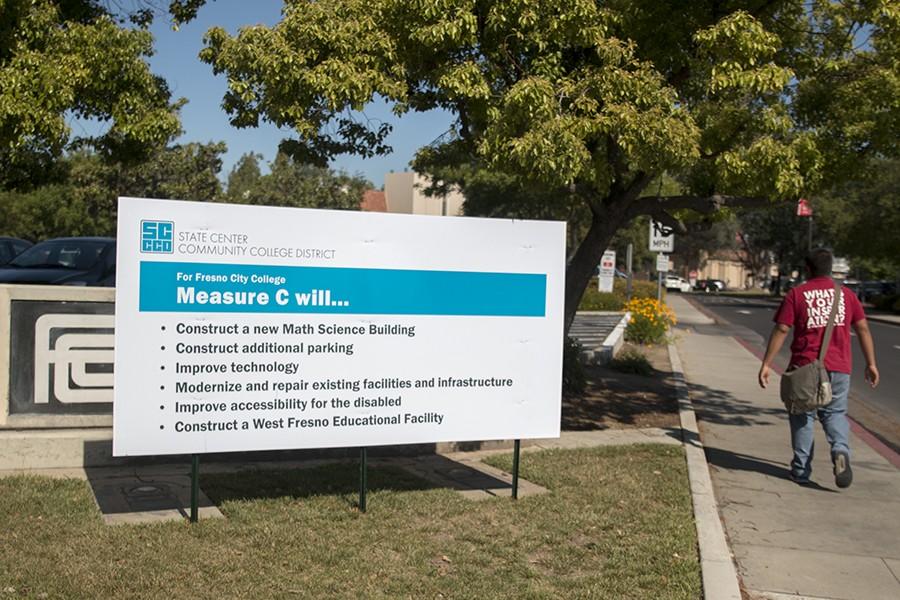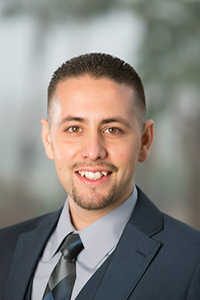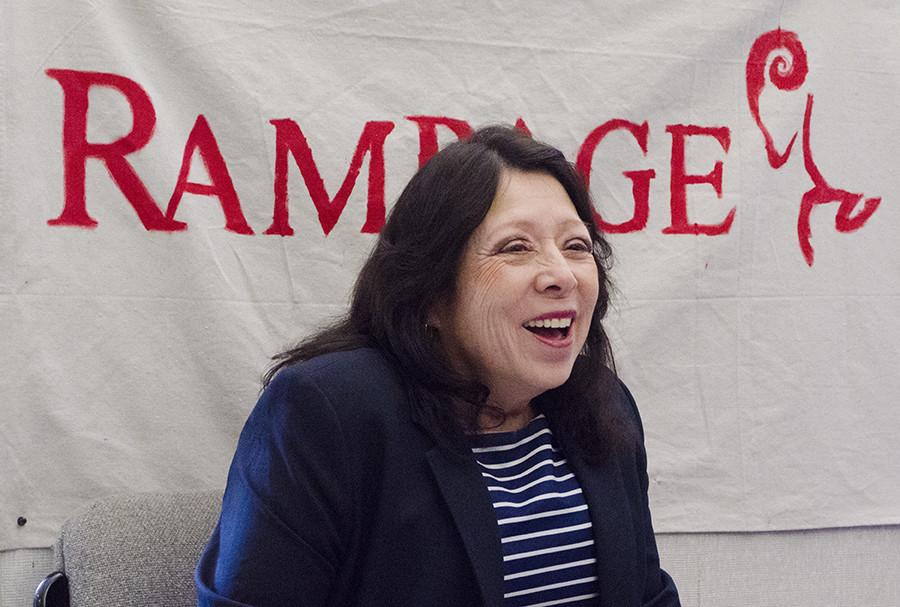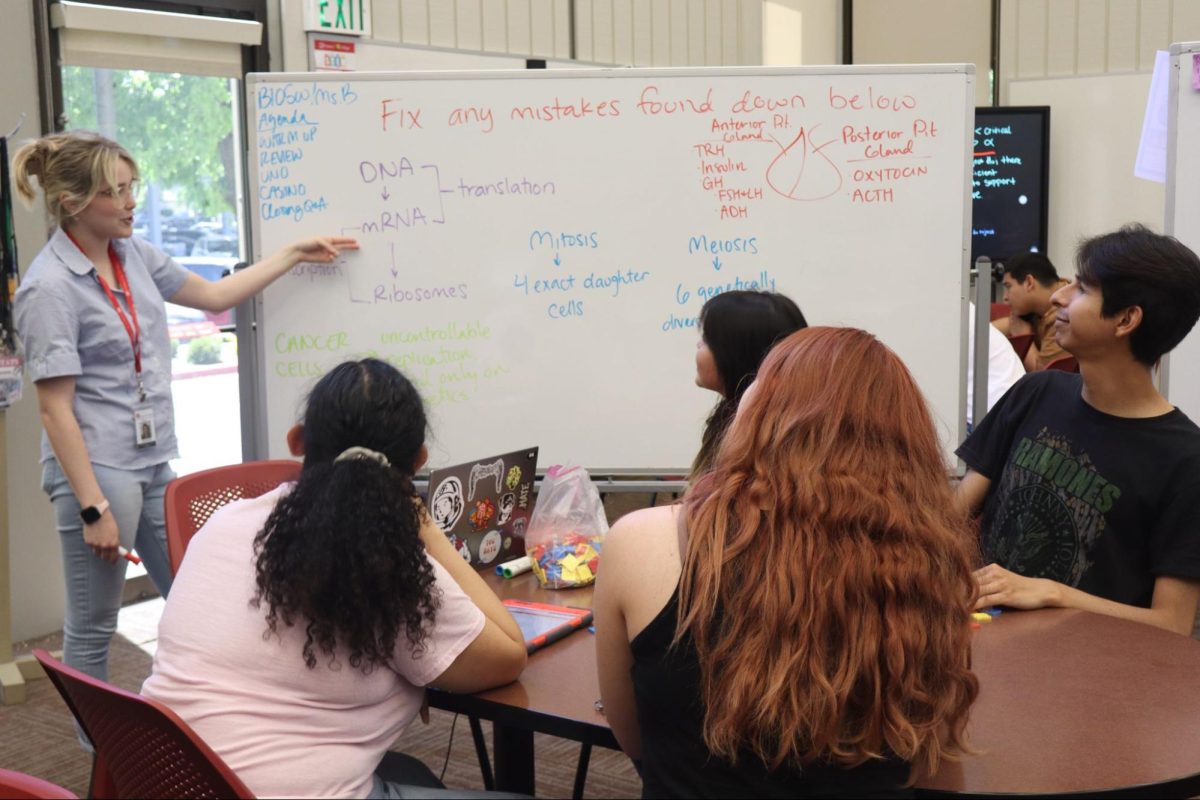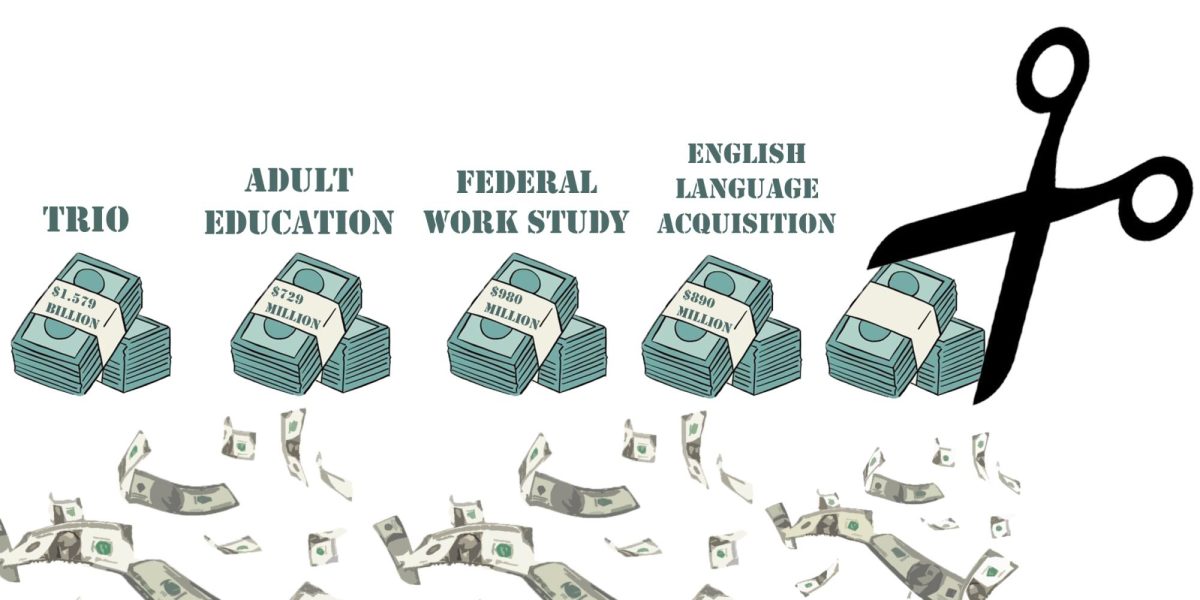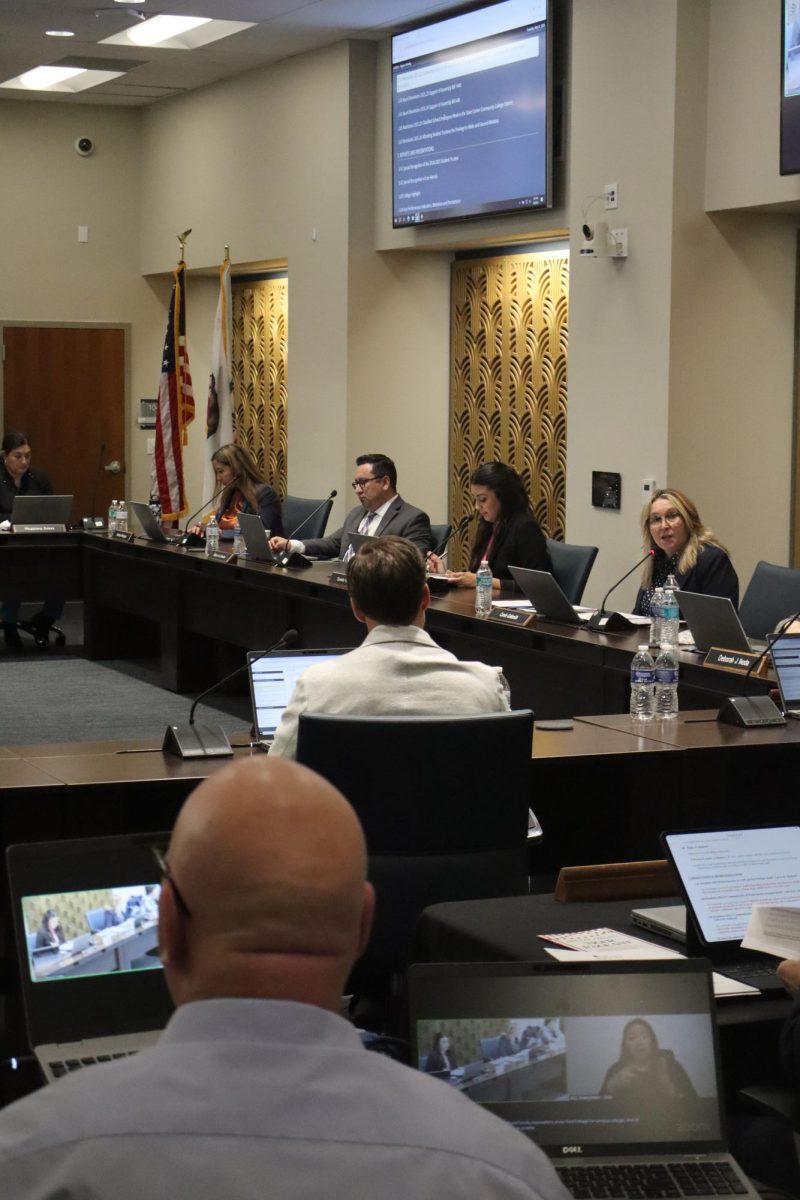The spring 2013 semester at Fresno City College is off to an optimistic beginning, thanks to the passage of Proposition 30 by voters last November.
The college is already seeing the benefits of the ballot initiative which generates revenue for education through increasing taxes on those who earn more than $250,000.
“The impact was immediate. Classes were set to be cancelled this spring schedule and as a result were not,” said Cheryl Sullivan, Vice President of Administrative Services. “The only classes that were cancelled were due to normal scheduling issues, not budget.”
Over the last four years, FCC has seen a decline in class offerings, tutorial services, supportive services and many more programs. Now the college is able to at least stop the bleeding. But the outlook is a slow economic recovery and suggests that it may take years to get back to the level of service provided to the community in 2007-2008.
History instructor Paul Gilmore, says the college is now a quarter of the way out of the hole.
“Over the last four years we have had $800 million in cuts. This [Proposition 30] restores about $200 million,” said Gilmore. “We were going to have another $300 million cut which was going to make it about a $1.2 billion cut. Instead of having $300 million more cut from that $800 million, we’re getting $200 million increase. In other words, we’re getting back about one quarter of what has been cut.”
Gilmore added that Proposition 30 has brought some relief to Cost of Living Adjustments (COLAs). In previous years, the state approved COLAs because things would get more expensive every year. The legislature would pass a COLA of a certain percent right off the top and there would be an increase in funding.
“We haven’t had those in four years either and that amounts to $900 million itself. So if you’re thinking of adjusting for the cost of living, it’s been a massive cut, which equals to 20 percent of the total community college budget. And we’re bringing back in 4 percent. But boy what an important 4 percent,” said Gilmore.
The passage of Proposition 30 also means no increase in the tuition rates
“The last that I have heard, the governor is committed to not raising tuition for community colleges, UCs or CSUs,” Sullivan said. “So at this point, I don’t foresee an increase in the near future.”
The passing of Proposition 30 has also led to Gov. Jerry Brown’s latest proposal, which focuses on keeping community colleges affordable and classes accessible as well as helping students move faster to graduate or transfer to a four-year university.
The governor’s proposal requires priority registration for certain groups such as veterans and youth in foster care and prevents students from repeating courses to improve their grades. According to the 2013-2014 Governor’s Budget Summary, Brown proposed a 90-unit cap, and students who go beyond 90 units would pay the full cost of instruction or $190 per unit.
The state has also worked to pay down the amount it owes community colleges, reducing the “substantial borrowing costs borne by the community colleges as a result of funding deferrals,” according to the budget summary.
The budget details that the state “had accumulated $961 million of deferral debt owed to community colleges” at the beginning of 2011‑12; the state successfully reduced the deferral balance to $801 million in 2012‑13 and the Budget will reduce that balance to $622 million through an increase of $179 million Proposition 98 General Fund in 2013-14.
Sullivan expects to see the college’s debt paid down over the next several years.
“In five years when the debt is paid down, the state should start paying us what they have committed to us when it is due,” said Sullivan. “Currently, they start cutting our payments between January and June because they don’t have the cash flow. For districts that do not have a reserve, they have to borrow to make their payroll, incurring additional interest expense that in turn is not available for providing services to students.”
However, not everybody is on board with the governor’s latest proposals. The Student Senate for California Community Colleges is one organization that has opposed the governor’s proposals.
“There is still much more work to be done. Prop 30 is not forever, and we at The SSCCC have identified other issues on the horizon that will have a negative impact on students. Performance based funding, a 90 unit cap limit, and malicious debit card services such as Higher One are just one of the many areas that the SSCCC is attempting to defend students from,” said Daniel Thomas Clark, Region V Senator of the SSCCC.
Still, Clark says community colleges have taken a major step forward with the passing of Proposition 30.
“The passage of the measure would make room for an additional 20,000 students. Approximately 3,300 classes have been added to the system for the spring 2013 semester,” said Clark. “That’s a lot of students who are able to continue their academic careers and ultimately end up giving back to California.”
Now the goal of the SSCCC is to continue to fight the budget crisis with the help of Proposition 30.
“The funding from Prop 30 expires in 2017 so what do we do then? Are we in the same situation that we were in two years ago where we have more cuts?” Clark said. “The SSCCC has been talking to politicians since the beginning of the year to let them know we will not stand for these cuts to our system, but most importantly the students.”


